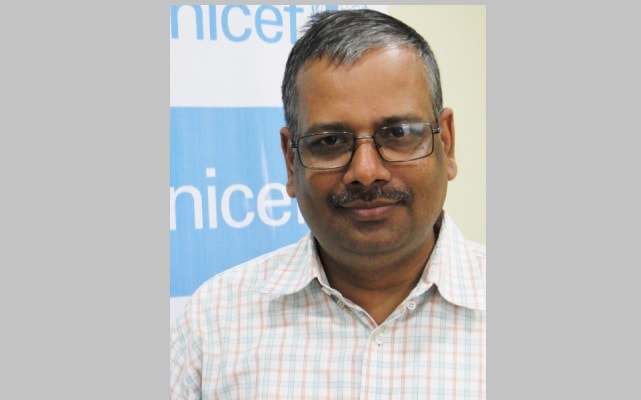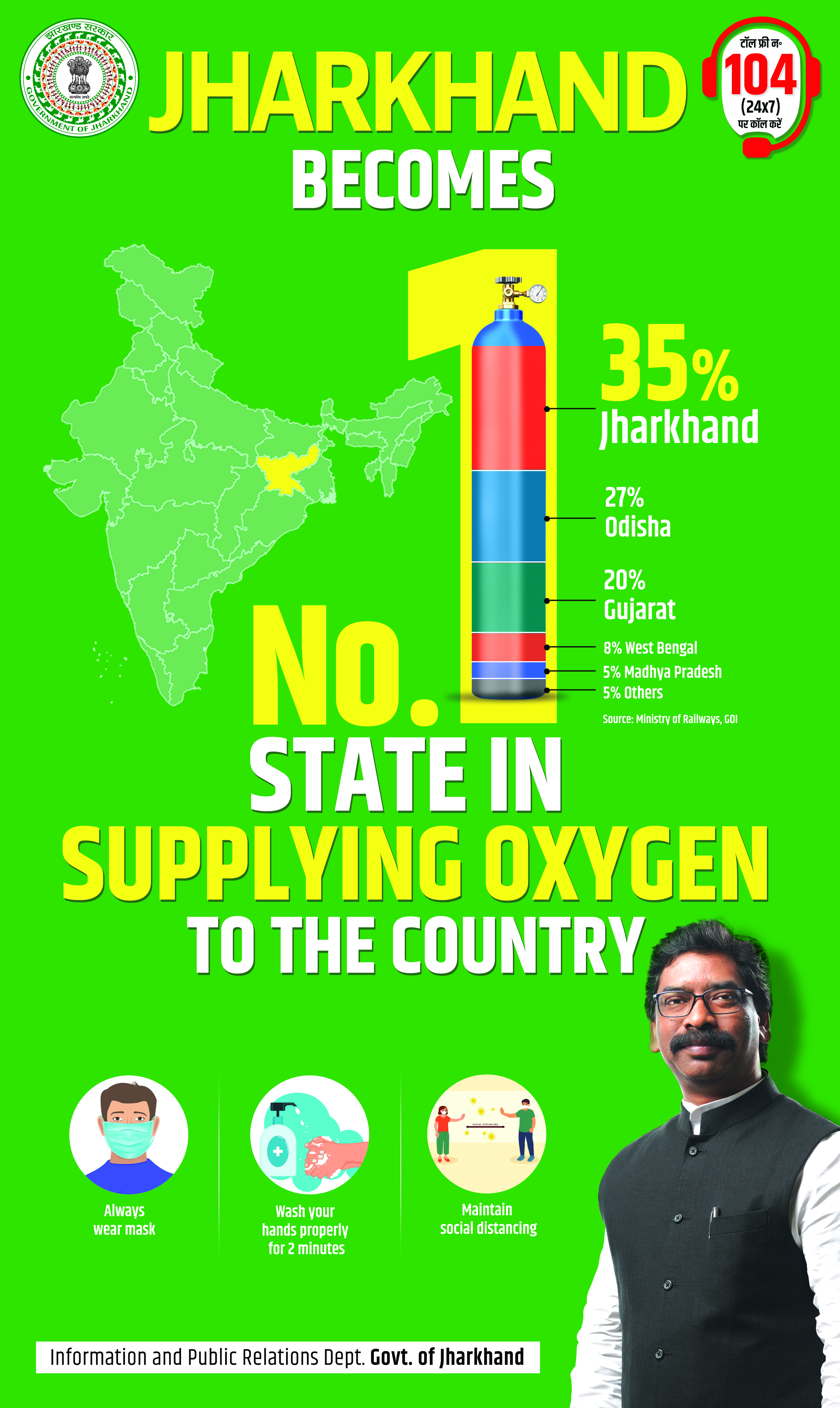
In an exclusive interview UNICEF, Jharkhand Chief told www.jharkhandstatenews.com Editor Manoj Prasad that he is backing the state government led by Chief Minister Hemant Soren in its fight against COVID-19.
Here below is the text of the interview.
Q&A with Prasanta Dash, Chief Field Office, UNICEF Jharkhand
Prasanta Dash is the Chief Field Office for UNICEF in Jharkhand since September 2019. He has worked with UNICEF since 2013 and was the Chief of UNICEF in Chhattisgarh prior to his assignment in Jharkhand. He has also worked with many international NGOs in UP, Delhi, Andhra Pradesh and Odisha
1. How is UNICEF supporting the ongoing fight against COVID-19 in Jharkhand?
A) UNICEF is supporting the state government in rolling out training programs for frontline workers to help them identify cases and contacts, organize effective quarantines, protect themselves from infection and address social stigma. UNICEF is also ensuring that important civil society organizations have the guidelines necessary to support awareness generation and mobilization efforts. We are also working to generate public awareness through print, electronic and digital media.
2. Jharkhand recorded its first case of COVID-19 on 31 March. What is your advice to the people of the state at this juncture?
B) I would like to stress that social distancing should be maintained and no people should venture out of their homes unless it is really important. We should wash our hands regularly, avoid touching our eyes, nose and mouth, cover our mouth while sneezing, avoid close contact with people who have symptoms and seek medical care early if an adult or a child has a fever, cough or difficulty breathing. It is also important to remember that we are all vulnerable to COVID-19 infections. There should be no discrimination against the infected, and we should collectively enable a positive, supportive environment where people who develop symptoms do not feel afraid and avoid getting tested.
3. What is the effect of the ongoing crisis on children? What can we do to take better care of them at this time?
C) It is understandable that in spite of the best attempts of parents to keep them safe and happy, children could be worried and anxious. To stay indoors for many days at a time, away from school and the company of their friends is stressful. Children might also find it difficult to process the huge information overload from TV, the internet and the people around them. It is important to have an open, supportive discussion to help them understand, cope and maybe even make a positive contribution for others.
4. What are the activities that parents and children can engage in to make the best use of their time together these days?
D) The first and most important thing is to create a safe environment at home by using stories, drawing and play to initiate an open discussion. Children should be told of good respiratory hygiene and handwashing practices that will keep them safe. We should emphasize that a person’s language, race, place of origin or community have nothing to do with COVID-19 infections. Children should instead be told about the doctors, nurses, field workers, scientists and others who are on the frontlines to protect us all. Most importantly, parents should take care of themselves. Only then can they adequately care for their children.
